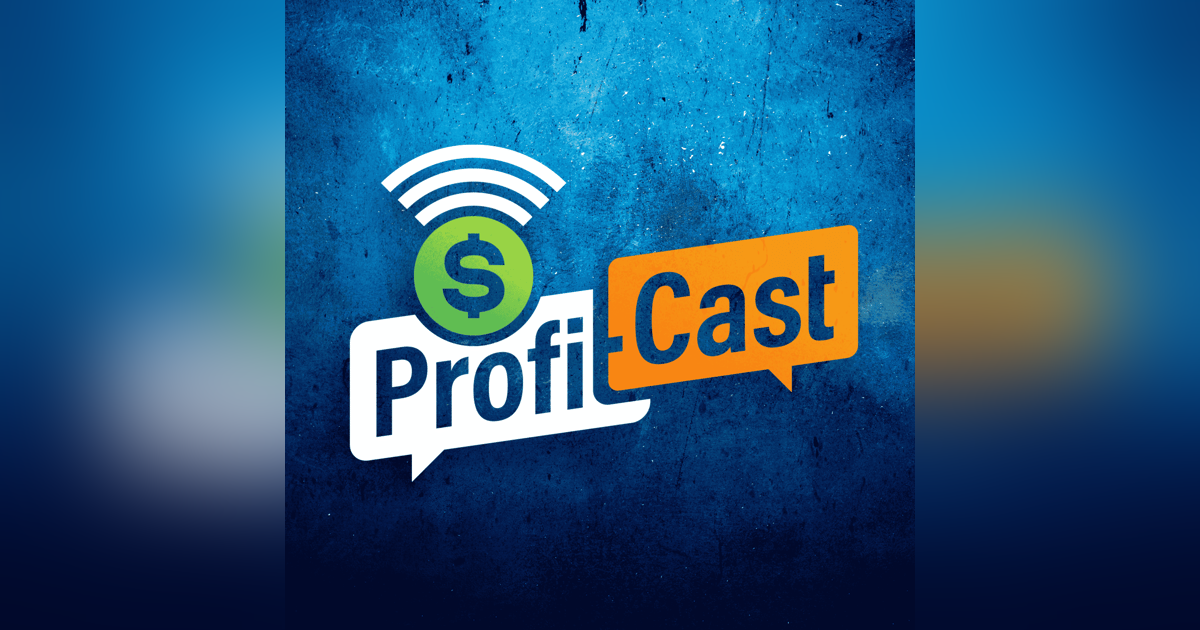46: No Community? No Podcast!


K.I.S.S. is an acronym coined by the U.S. Navy in the 60s and provided a quick way to remind someone that unnecessary complexity should be avoided. For the record, K.I.S.S. stands for keep it simple and straightforward. Some have repurposed the...
K.I.S.S. is an acronym coined by the U.S. Navy in the 60s and provided a quick way to remind someone that unnecessary complexity should be avoided. For the record, K.I.S.S. stands for keep it simple and straightforward. Some have repurposed the final S as stupid, but that is not the connotation we’re going for here! You don’t have to go much further than the title of this this podcast episode to understand the importance and simplicity of the number one task of maintaining a podcast and growing a community.
There is no single right way to go about building a community around a podcast or networking for your business, but there are certainly wrong ways. The abrasive, me-oriented approach, for example, is a tough way to win friends and influence people. In the words of Dale Carnegie, author of How To Win Friends and Influence People, “To be interesting, be interested.” Your podcast is an extension of yourself, because the topic you’ve chosen is a passion (or, at least, we hope it is!), but a podcast is more than a topic.
A podcast has listeners, those listeners have needs, and those needs can funnel directly back into your podcast to make it relevant, engaging, and robust. Mufasa, from the Lion King, really says it best: “Everything you see exists together in a delicate balance. As king, you need to understand that balance and respect all the creatures, from the crawling ant to the leaping antelope.” Simba, of course, protests that they eat the antelope, so, how does that work? Well, Mufasa says, when we (lions) die, we become the grass, and the antelope eat the grass. We are all connected.
As podcasters, what are we responsible for? How do we fit into the “circle of life” as it pertains to podcasting? We want a lot of listeners, but are we ready for a lot of listeners? If you are seeking to grow your audience, you must be aware of the commitment you are making to every listener who wants to contribute and wants to engage.
Engaging can be intimidating or difficult at first, but it is certainly a learning process. Remember Carnegie’s comment? To be interesting, be interested. The advantage podcasters have over, say, authors, is that narrative of the podcast is fluid. It can be adjusted and calibrated, tweaked and prodded, as it is being provided to listeners. We get feedback and make the appropriate responses based on that feedback. How much do you know about your listeners? How many of them can you name? How many have you connected with on a personal level and know their birthday? Know their day job? Know how many kids they have? This isn’t about knowing the life story of every listener, but getting to know who is listening, why they’re listening, and how their listenership is vital to the life cycle of your podcast.
This week’s Profitcast is an excellent opportunity for you to take a serious look at the state of your own podcast, be honest about the excuses you’re currently making, and get over being afraid to take the next step! Confront the things holding you back and take a proactive approach in understanding how you can turn a perceived negative into an advantage.
Mr. Carnegie also wrote: “You cannot teach a man anything; you can only help him to find it within himself.” And that is what Brian is trying to do with this podcast. By providing a series of questions and scenarios, he hopes to help you boldly confront the various excuses that have been holding you back from growing your audience.
Question of the Week
Have you ever met someone that ended up changing your podcast/business or podcast/business life?
Next Week!
Brian will be back next week with exciting and new and amazing things…. but it’s a surprise. Wait for it…
PATREON
First off, a huge thank you to Jodey, Joshua and Robert for being the first to jump on the Profitcast Patreon campaign! It is a huge honor and Brian cannot wait to see what can be accomplished through this partnership.
If you’re unfamiliar with Patreon, the basis of the campaign is an opportunity for you to partner with Brian in a financial capacity in order to receive more and unique content. Without taking away anything you are accustomed to getting out of Profitcast, a Patreon campaign enables Creators, like Brian, to provide more to people like you, while staying within his means of available resources.
The foundation of Profitcast has been to pioneer techniques of turning passion into profit. Many podcasters have been successful with Patreon, and Brian hopes to provide meaningful insights and suggestions on how to launch your own campaign.























